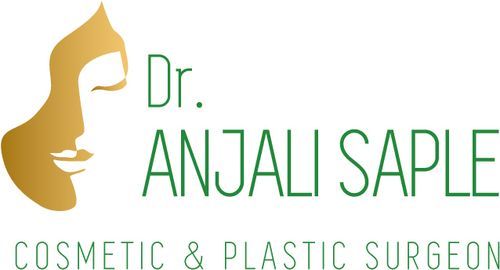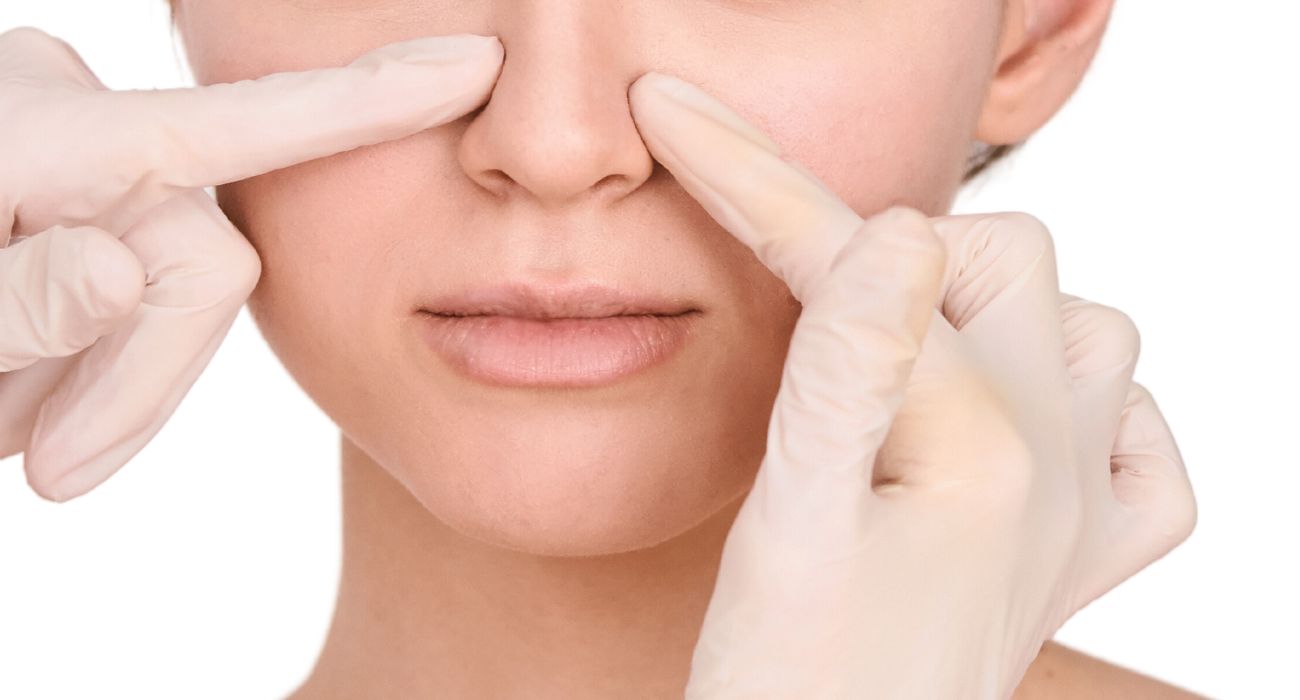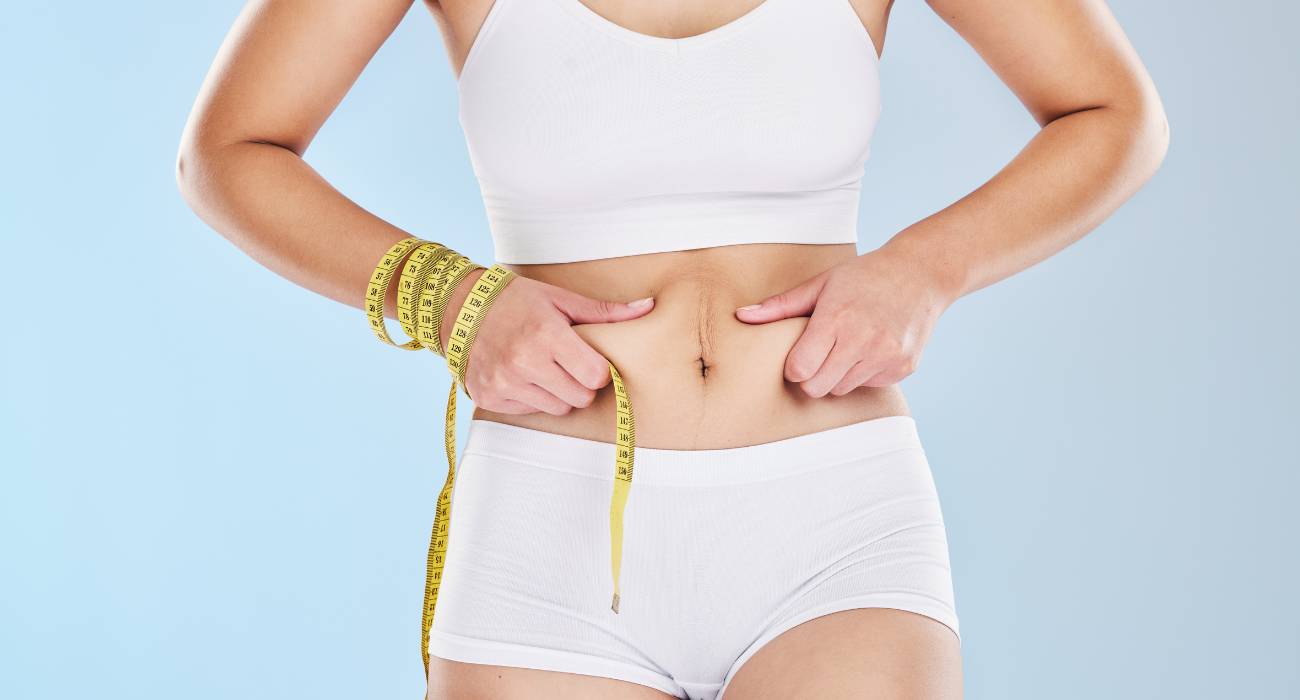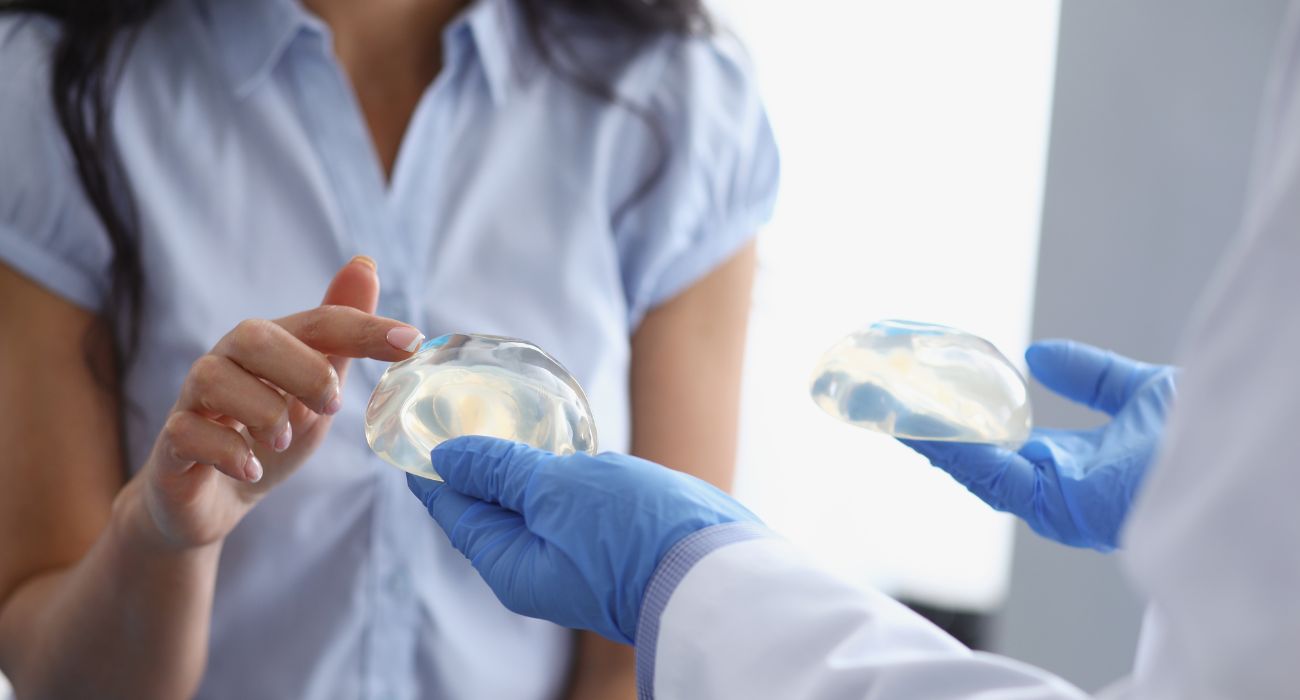Rhinoplasty is a transformative journey towards enhancing your appearance and boosting your confidence. As you embark on this path to a revitalized you, it’s crucial to understand that your body’s healing process is greatly influenced by the nutrition and hydration you provide it.
In this comprehensive guide, crafted by Dr. Anjali Saple, a leading expert in cosmetic surgery, we’ll delve into the intricate details of post-rhinoplasty dietary choices. These choices can either facilitate or hinder your healing journey, making it essential to choose wisely for a smoother and swifter recovery.
Supporting Your Healing Journey Through Post-Rhinoplasty Nutrition
Discover How We Can Enhance Your Appearance and Confidence

The First 48 Hours: Prioritizing Hydration for Optimal Healing
The initial 24-48 hours following your rhinoplasty are dedicated to initiating the healing process and ensuring your comfort. Central to this phase is hydration. Opt for clear broths, soups, and soothing herbal teas. These choices not only keep you hydrated but also provide essential electrolytes that aid in recovery.
However, it’s advised to steer clear of foods that might lead to bloating or discomfort. Spicy foods, salty dishes, and carbonated beverages can contribute to swelling and discomfort in the sensitive nasal area, delaying your recovery progress.
Days 2-7: Nourishing Your Body with Soft, Nutrient-Rich Foods
As you transition to days 2-7 of your recovery, focus on incorporating soft and nutrient-dense foods into your diet. These foods are not only gentle on your healing body but also provide the necessary nourishment. Opt for comforting options such as oatmeal, yoghurt, and nutrient-packed smoothies.
When it comes to tissue repair, prioritize foods rich in high-quality proteins. Lean meats, eggs, and legumes supply the amino acids needed for efficient tissue regeneration. Simultaneously, ensure your diet includes vital vitamins and minerals that accelerate healing.
Vitamin C-rich fruits, including oranges and strawberries, promote collagen production, pivotal for wound healing. Foods abundant in zinc, such as nuts and seeds, support immune function and tissue repair. Don’t overlook leafy greens, which provide vitamin K essential for minimizing bruising.
Minimizing Swelling and Bruising (Days 7-14): How Food Can Help
Between days 7-14, your primary focus shifts towards managing swelling and bruising. Anti-inflammatory foods become your allies in this phase. Incorporate pineapple, turmeric, and ginger into your diet, harnessing their potent anti-inflammatory properties to aid in a smoother recovery.
Unwavering hydration remains paramount during this phase. Infused water with cucumber or lemon adds a refreshing twist to your hydration strategy, while herbal teas like chamomile and peppermint provide comfort and relaxation.
Gradually Reintroducing Solid Foods After 2 Weeks: Listen to Your Body’s Cues
As you cross the two-week mark, you can gradually reintroduce more solid foods into your diet. Cooked vegetables, whole grains, and lean proteins become viable options. These foods not only provide essential nutrients but also offer the necessary energy for your body’s ongoing recovery journey.
Despite the gradual transition, the importance of hydration persists. Continue to rely on plain water, herbal teas, and fresh fruit juices in moderation. These choices support your body’s intricate healing mechanisms.
Off-Limits Foods and Drinks During Recovery: Promoting Optimal Healing
Certain foods and beverages should be consistently avoided throughout your recovery process to ensure optimal healing. Alcoholic beverages, due to their potential to interact with medications and impede the healing process, should be refrained from.
Foods that are either very hot or very cold might prove uncomfortable for your healing nasal area. Opt for foods at moderate temperatures to avoid any potential discomfort. Additionally, abstain from consuming hard and crunchy foods, as they could potentially interfere with your healing process. Lastly, forgo the use of straws, as they might introduce excess air intake, leading to discomfort and complications.
Tuning In to Your Body’s Signals: Importance of Mindful Eating After Surgery
Throughout your recovery journey, it’s imperative to stay attuned to your body’s signals. Pay heed to cues of hunger and satiety, and adjust your diet accordingly. If you notice any discomfort or irritation caused by a specific food, it’s prudent to avoid it until you’re fully healed. Your body is undergoing a transformative process, and its needs may fluctuate. Trust your instincts and ensure you’re giving yourself the care you deserve.
The Emotional Ups and Downs of Post-Surgery Eating: It’s Okay to Feel This Way
While we’ve extensively discussed the physical aspects of post-rhinoplasty nutrition, it’s essential not to overlook the psychological aspect. Undergoing a cosmetic procedure like rhinoplasty can elicit a range of emotions, including anxiety and excitement. These emotions can sometimes influence your relationship with food. Strive for a balanced perspective and aim to cultivate a positive relationship with your dietary choices.
Partnering with a Nutritionist for Personalized Guidance
Every individual’s body responds uniquely to surgery and recovery. Factors such as age, overall health, and the specific details of your surgery can all play a role in determining your dietary needs. For personalized diet recommendations after rhinoplasty surgery, you should always consult the doctor who operated you for the nose job.
The road to a successful rhinoplasty recovery is paved with well-informed dietary choices. A balanced and nourishing diet, coupled with unwavering hydration, lays the foundation for a seamless healing process. Your body requires a diverse array of nutrients to mend and regenerate tissues, and proper hydration amplifies these processes while bolstering your overall well-being.
By adhering to the dietary guidelines outlined in this comprehensive guide and remaining attuned to your body’s unique requirements, you’re empowering yourself to embark on a comfortable and successful recovery journey post-rhinoplasty.
Every individual’s recovery journey is unique; for personalized recommendations, don’t hesitate to consult me. With mindful dietary choices and your body’s inherent resilience, you’re poised to emerge from this transformative experience with renewed confidence and a rejuvenated spirit.





